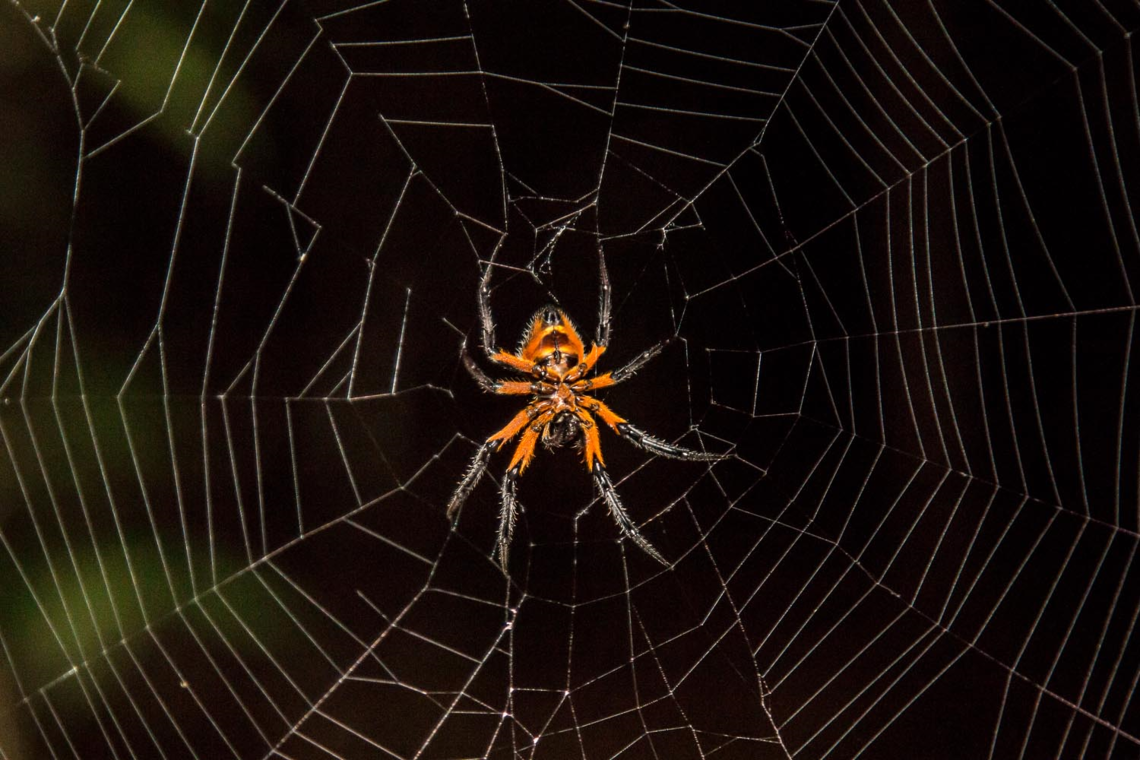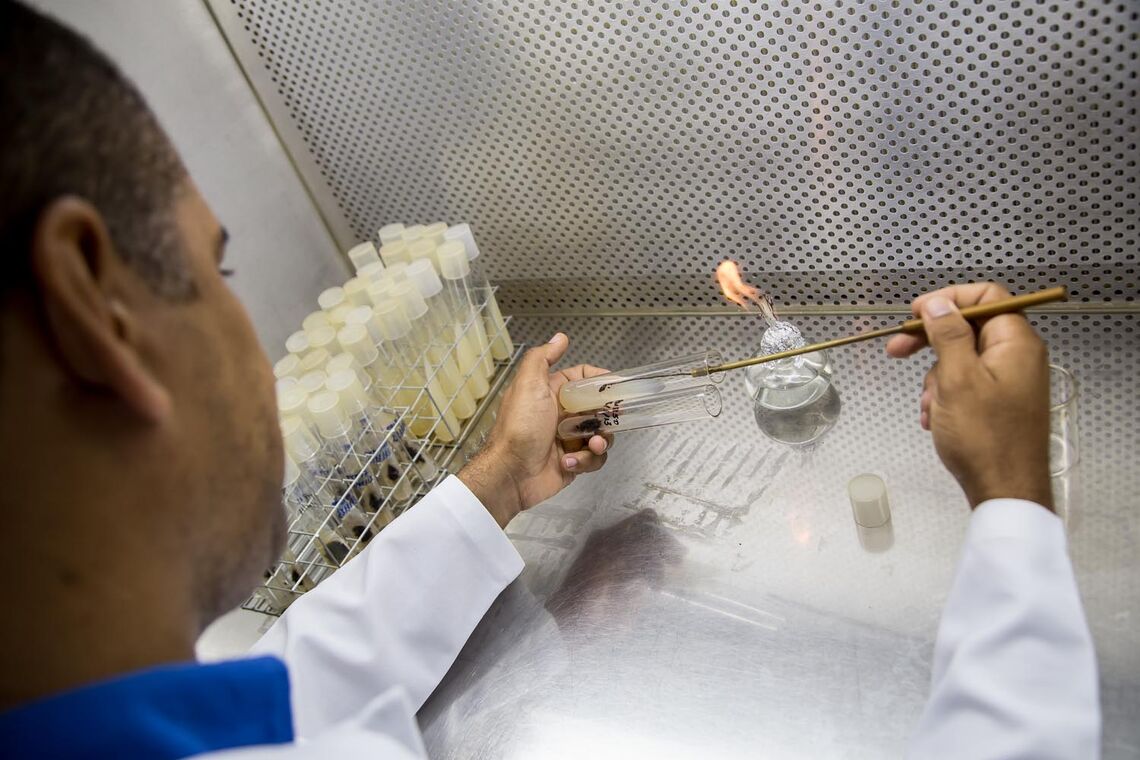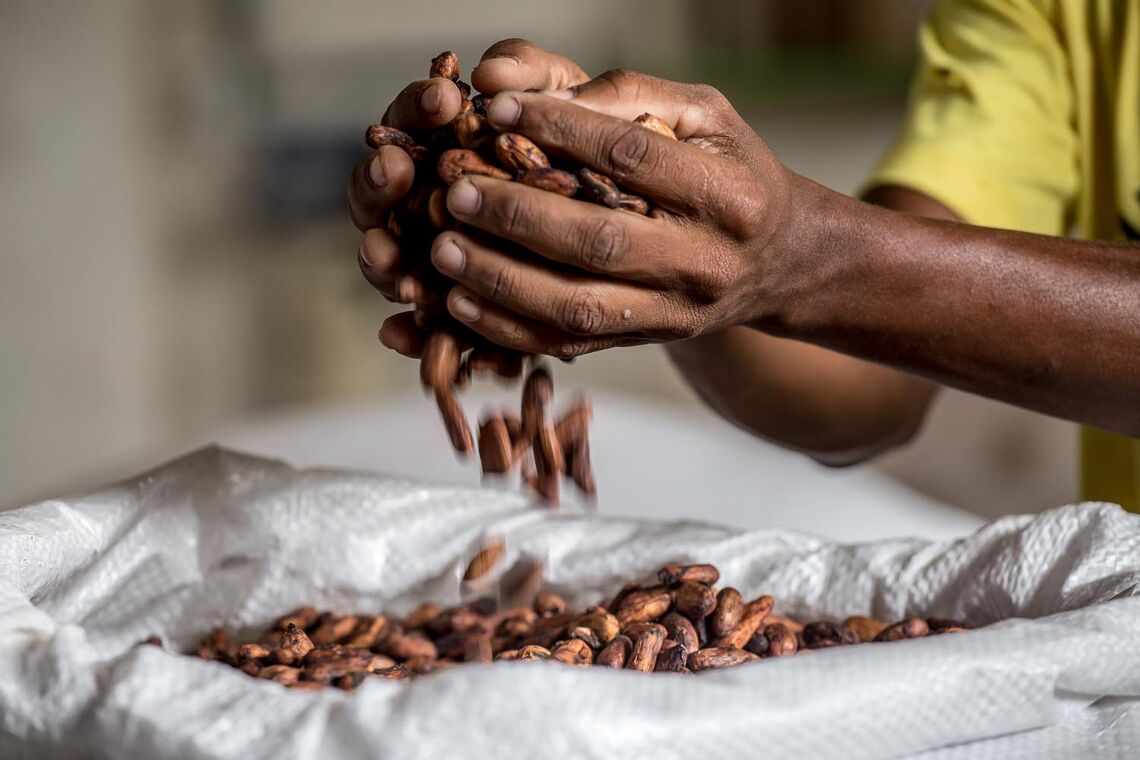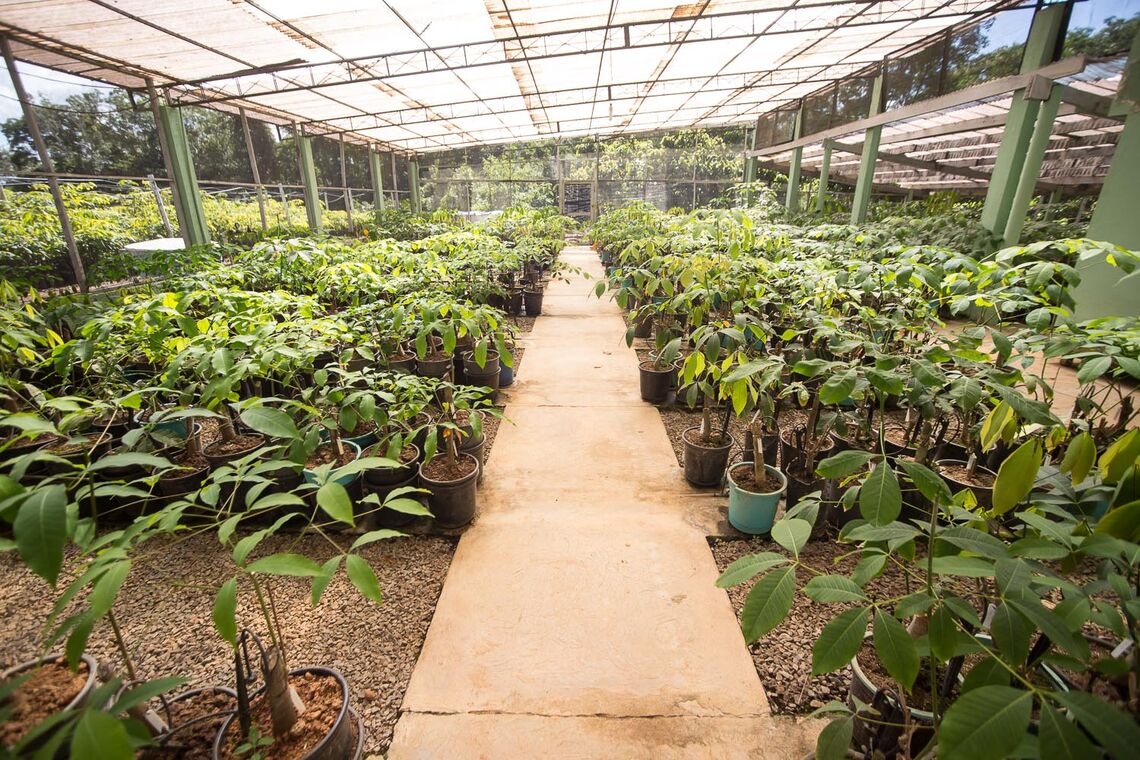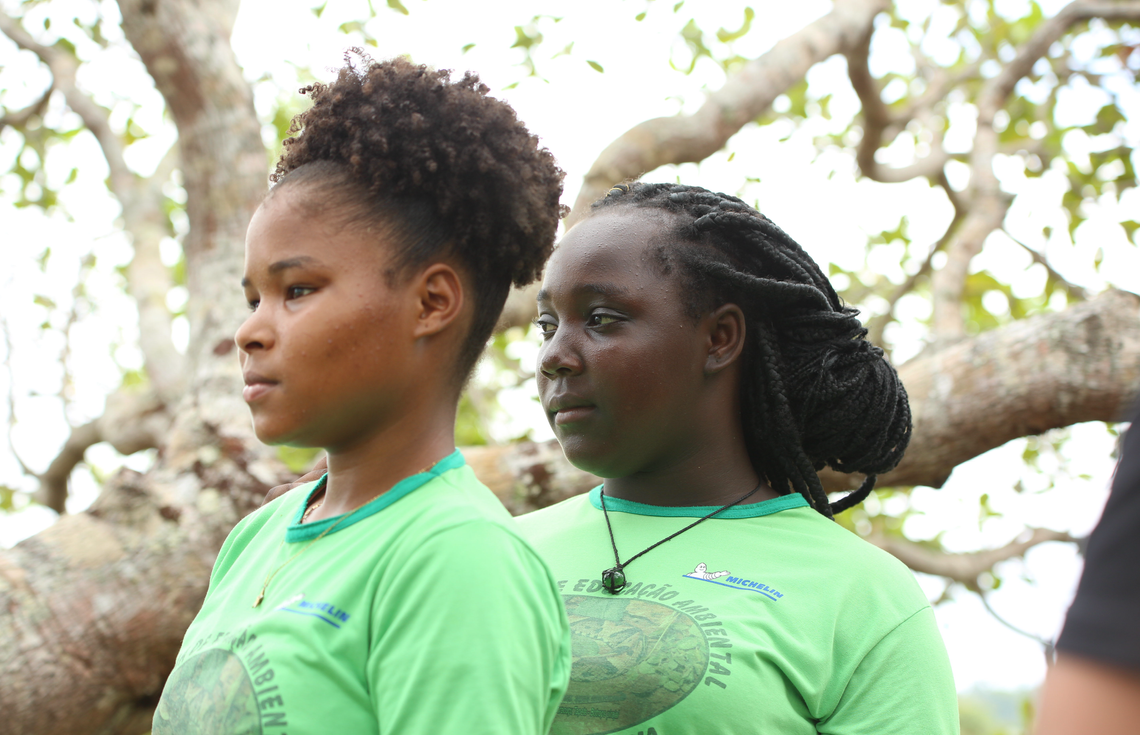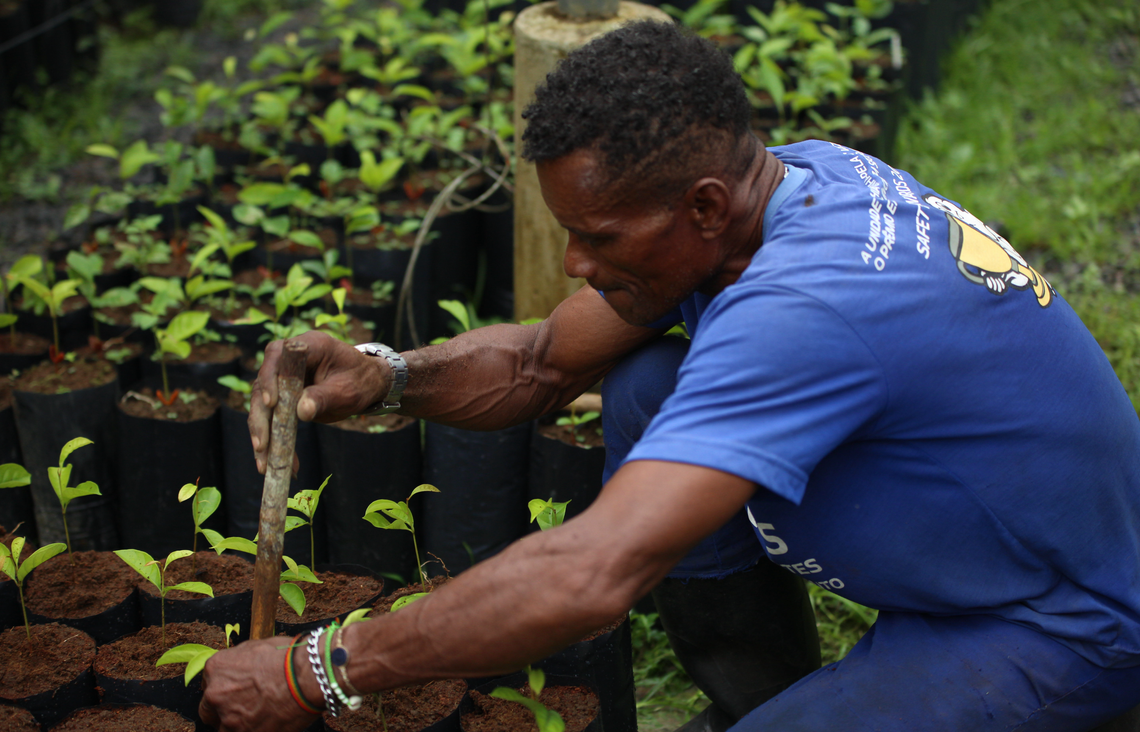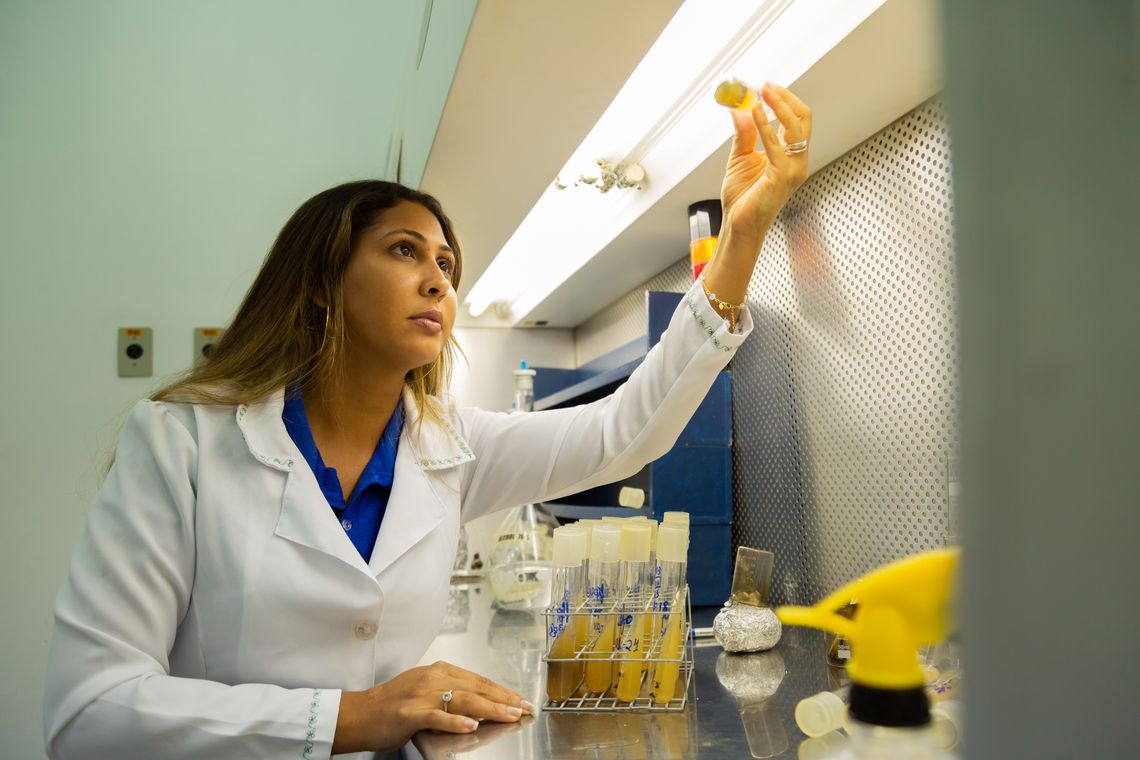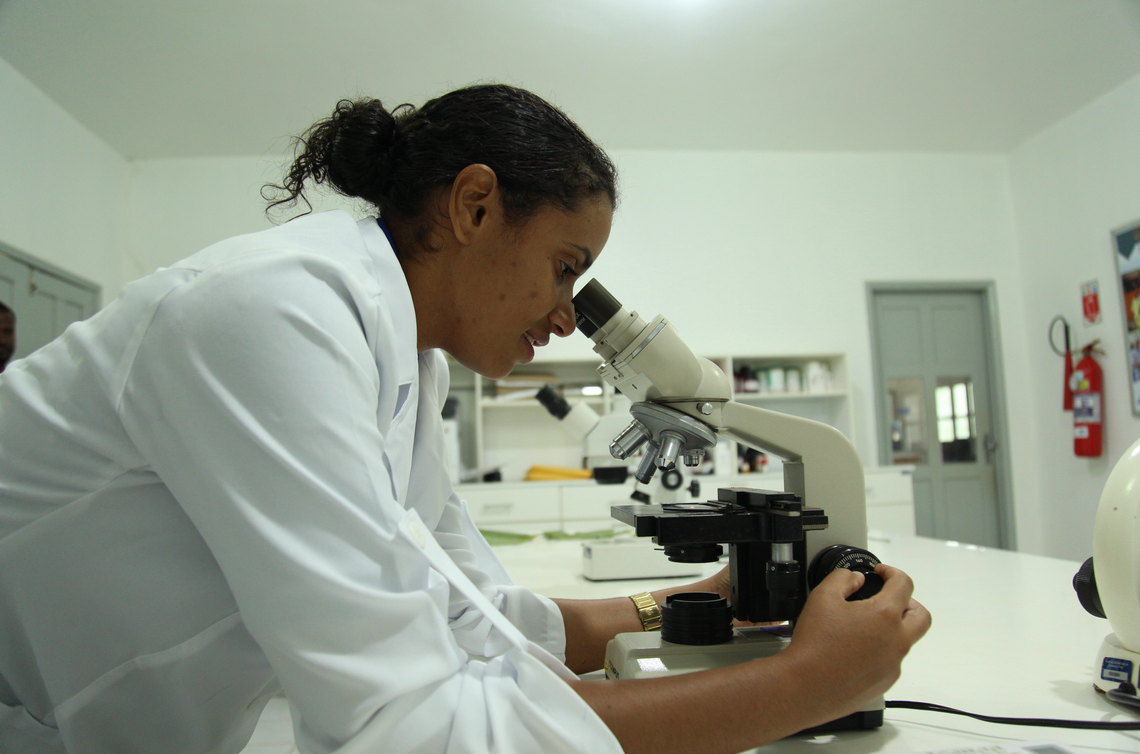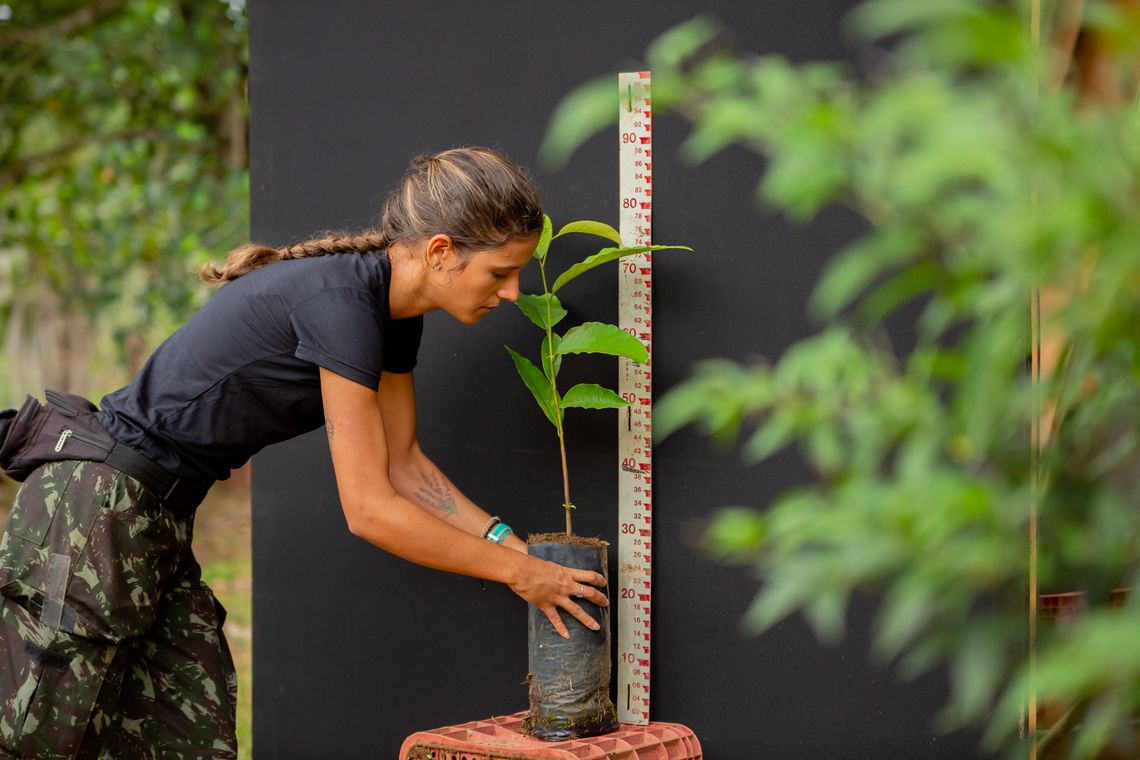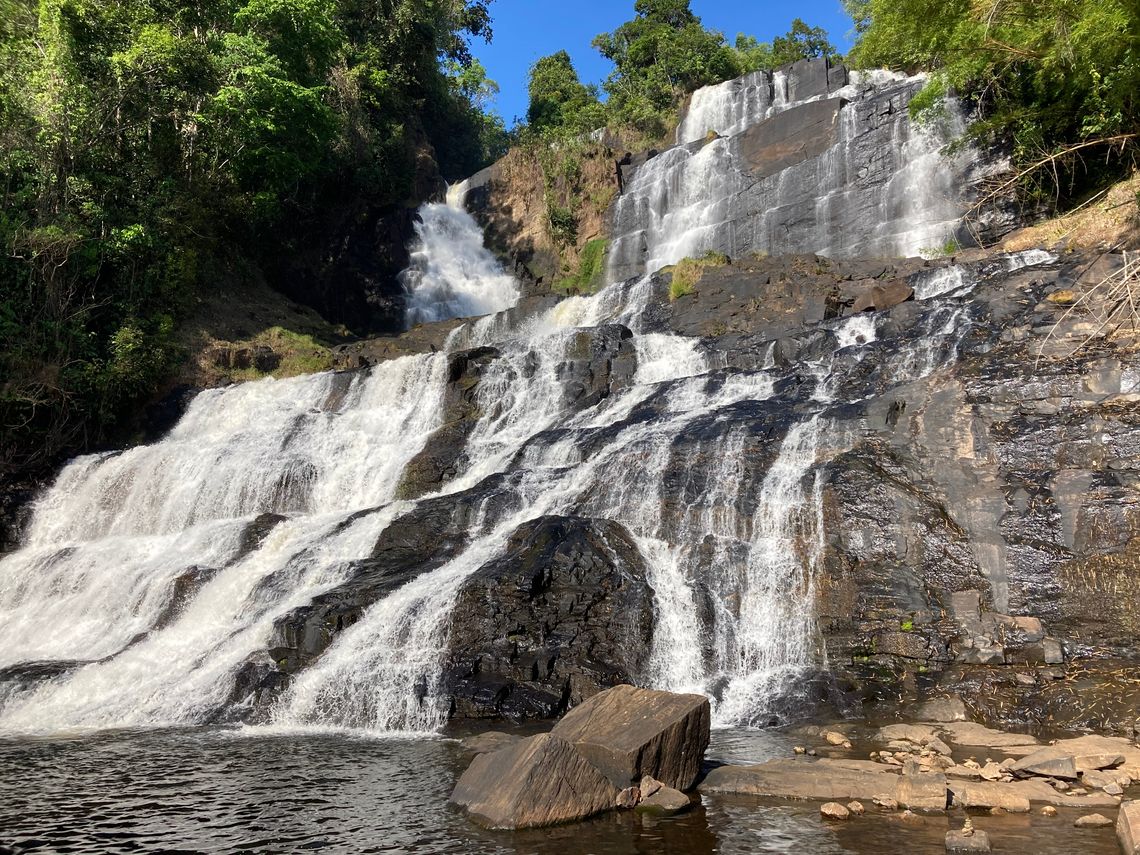Michelin Ecological Reserve in Bahia, Brazil
A unique opportunity to study how to grow natural rubber while preserving biodiversity.
This program has become, over time, a flagship for the Group’s corporate social responsibility, proving that it is possible to reconcile rubber farming and environmental protection on a 3,950-hectare site.
Michelin puts its words in action
In the 1980s, Michelin acquired a rubber plantation in the Brazilian Atlantic Forest, to produce natural rubber for the local demand. A few years later, the trees were affected by several diseases. Due to the extraordinarily rich biodiversity of the site, Michelin decided to transform the plantation into a sustainable development program because it felt it had a responsibility towards local People and the environment. That’s how Michelin Ecological Reserve was set up in 2004 as the environmental pillar of this ambitious sustainable development initiative, the Green Gold Bahia Program*. Over the years, it has become one of the most important reserves in Northeastern Brazil for protecting the critically endangered Atlantic Forest.
*It all started in 2003. That year, Michelin launched the Green Gold Bahia Program, an ecological reserve, a research center on rubber plant varieties and a pilot project to improve the living conditions of smallholders: a concrete example of the Group’s commitment to producing a renewable resource while promoting economic growth, social development, and environmental protection, thus contributing to a better future for all.

Scientific research in Michelin rubber groves: approximately 400 hectares have been set aside for research to develop new, more disease resistant rubber tree varieties with higher yields. More than 30,000 varieties are being tested for selection, and the elite cultivars will be widely distributed to farmers in every producing country.
International Reference in terms of Pseudocercospora ulei fungus Scientific Research program
Michelin, in partnership with CIRAD (Center for International Integration in Agronomic Research for Development) in France, launched a pioneering research program in 1992 to create new varieties of rubber trees resistant to the Pseudocercospora ulei fungus.
This fungus poses a global threat to rubber production.
Michelin and CIRAD created over 30,000 rubber varieties, including the CMB75. This is the first elite material to emerge from the program, combining high yield with a good level of resistance to the South American leaf disease endemic to the region.

Corporate citizenship
By working with locals, both through the environmental education the regional youth and the women’s leadership programs, we help them understand the value of the environment and manage the day-to-day environmental obligations associated with living so close to a reserve. The women’s leadership program is designed to stimulate young women of the region to fulfill their potential as future leaders in the workplace and in their communities.
Ecotourism is service we provide to the public. With up to 84,000 visitors each year, we keep the spectacular 61 m Pancada Grande Waterfall, the largest waterfall on the Bahian coast, clean and safe for the public.
We started with a dying forest. And after 20 years of work, we have an ecosystem that's full of life. Our hope is that we can replicate this in other places throughout the world.
